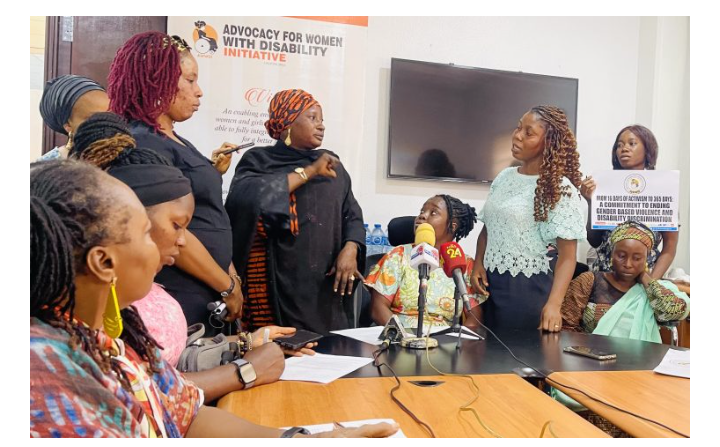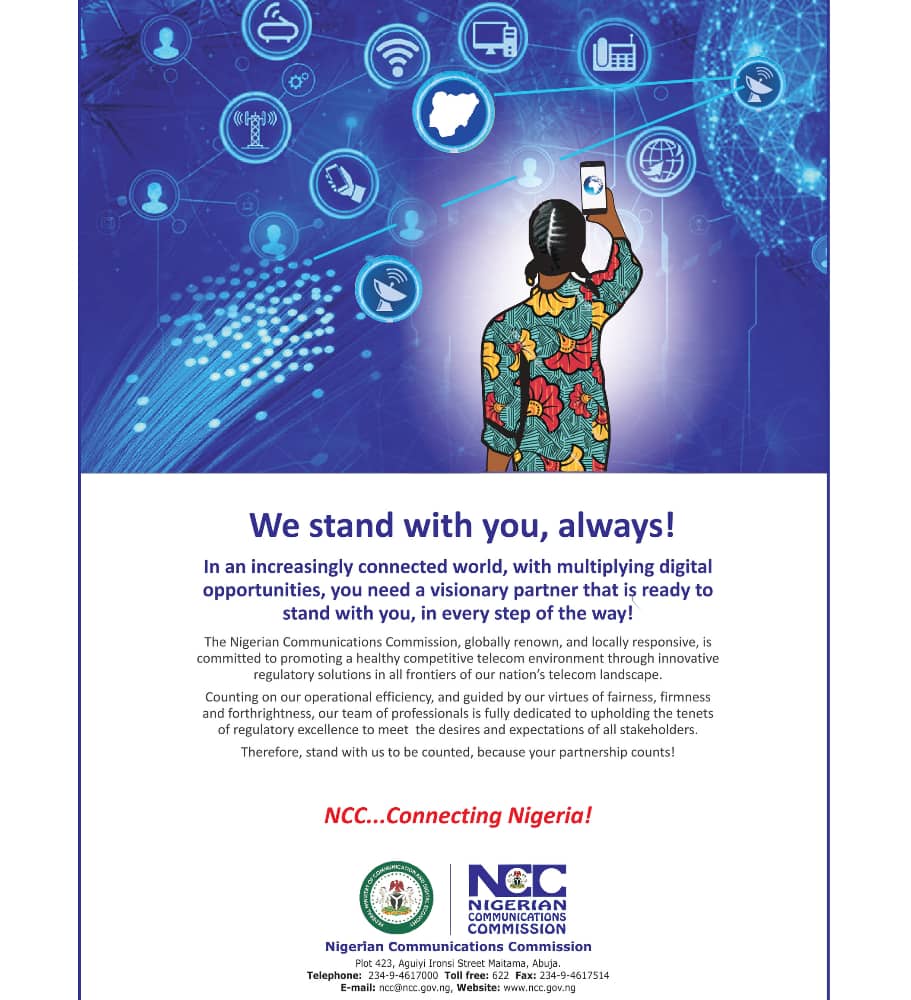
By Miriam Humbe
A Non-Governmental Organization, Advocacy for Women With Disabilities Initiative AWWDI, has said it is committed to addressing gender-based violence and disability discrimination.
Damilare Odumedu said this while addressing the press in Abuja.
Odumedu said that while annual observances were crucial for raising awareness, AWWDI was committed to advocating for the rights, safety, and dignity of women with disabilities on a daily basis.
She said: “The 16 days of activism is a global campaign aimed at addressing gender-based violence, and it holds particular significance for women with disabilities, who are at the risk of experiencing violence at disproportionate rates.
“These women face multiple forms of violence and discrimination, including physical, emotional and sexual abuse, often compounded by barriers to justice and support.
“These barriers include inaccessible services, lack of legal protections and pervasive societal stigma”.
Damilare reiterated that AWWDI advocated for a world where women with disabilities are not just included but are recognized as equal participants of the society, with full access to services, protection and opportunities.
“This initiative underscores the importance of creating an inclusive and supportive environment, where gender-based violence is eradicated, and women with disabilities can thrive without fear of discrimination” she said.
Speaking on the Key Challenges faced by women with Disabilities, Jemila Abdullahi emphasized that women with disabilities face multiple layers of discrimination and inequality, increasing their susceptibility to violence, abuse, and social isolation.
She also noted that women with disabilities face exclusion due to physical and environmental barriers, including inaccessible public spaces, transportation, and healthcare, which prevents them from fully engaging in society and seeking necessary support.
Jemila also averred that Social isolation, Economic disempowerment, limited legal and institutional support: a situation where existing legal frameworks often fails to recognize the intersection of gender and disability, leaving women with disabilities without adequate protection from violence.
The AWWDI FCT coordinator who also doubles as the National Women Leader for the NNAD Monsurat Fasasi, recounted treatment of women with disabilities in medical settings.
She said that healthcare professionals often lacked the training or awareness to provide inclusive and respectful care.
She said that this oversight could lead to inadequate attention, negligence and outright discrimination.
She called for government intervention to ensure healthcare policies address these challenges, emphasizing that professional behavior from medical personnel is non-negotiable.
Juilet Chinyere Oji while recounting her ordeal stated that bankers’ attitudes towards visually impaired individuals is a barrier to inclusive banking services.
Oji said: “In some cases, bankers tend to talk down and treat her in a condescending manner.
“They hold negative stereotypes or biases against visually impaired individuals, lack of provision of accessible communication methods, such as Braille or audio statements and some bankers are not be empathetic or patient when interacting with visually impaired customers”.
Juliet Oji said that policies should be implemented to promote accessibility and inclusivity in banking services.
In her final statement, Damilare said that AWWDI was urging governments, organizations, and communities to take decisive action to protect women with disabilities from violence, empower them, and ensure their dignity and equality through inclusive policies and practices.


